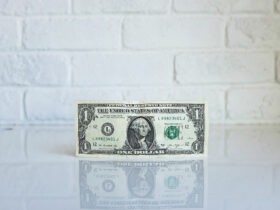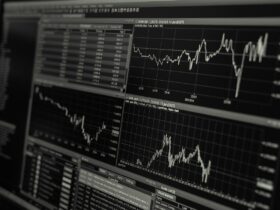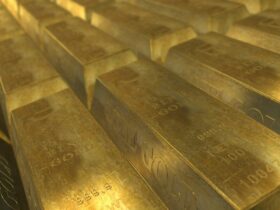Hodler's Digest is available every Saturday to help you keep track of every important news...
A series of macro warnings from Goldman Sachs puts Bitcoin ( BTC ) at risk...
Rostin Behnam (chair of the United States Commodity Futures Trading Commission or CFTC) stated that...
This is the second section of my column on the crackdown against insider...
Bitcoin ( BitcoinTC), traded in a narrower range on Sept. 6, as traders bet on...
In Bitcoin ( Bitcoin), Ether ( ETH) has a greater value than ever before, thanks...
In finance, a futures transaction is a standardized legal arrangement to purchase or sell something with a preset price in the future, between two parties never known to each other, usually involving commodities or certain financial instruments. The tradable asset traded is typically a security or an item. Futures markets are increasing daily in volume, due to the large number of buyers who rely on the futures market to deliver a contract when they need it, such as when making investments.
Trading foreign exchange markets can often feel like picking a winner at the Masters: you try to execute on a general opinion only to be met with a whole mess of choices.
If you've never done futures day trading before, it can be intimidating. The concept of futures trading is confusing for many new traders. It's important to understand the basics before you jump in. Common question futures day traders ask is how much return can I expect? This depends on many factors. Some are easier to define than others.
There are many different types of futures contracts that allow for the purchase and sale of various assets, including stocks, indices, commodities, bonds, currencies, and interest rates. In order to participate in futures trading, you must first buy an "asset" (also called a "basket" or "security") on or before the expected future date. The buying process begins once you have decided on the asset you wish to purchase..








